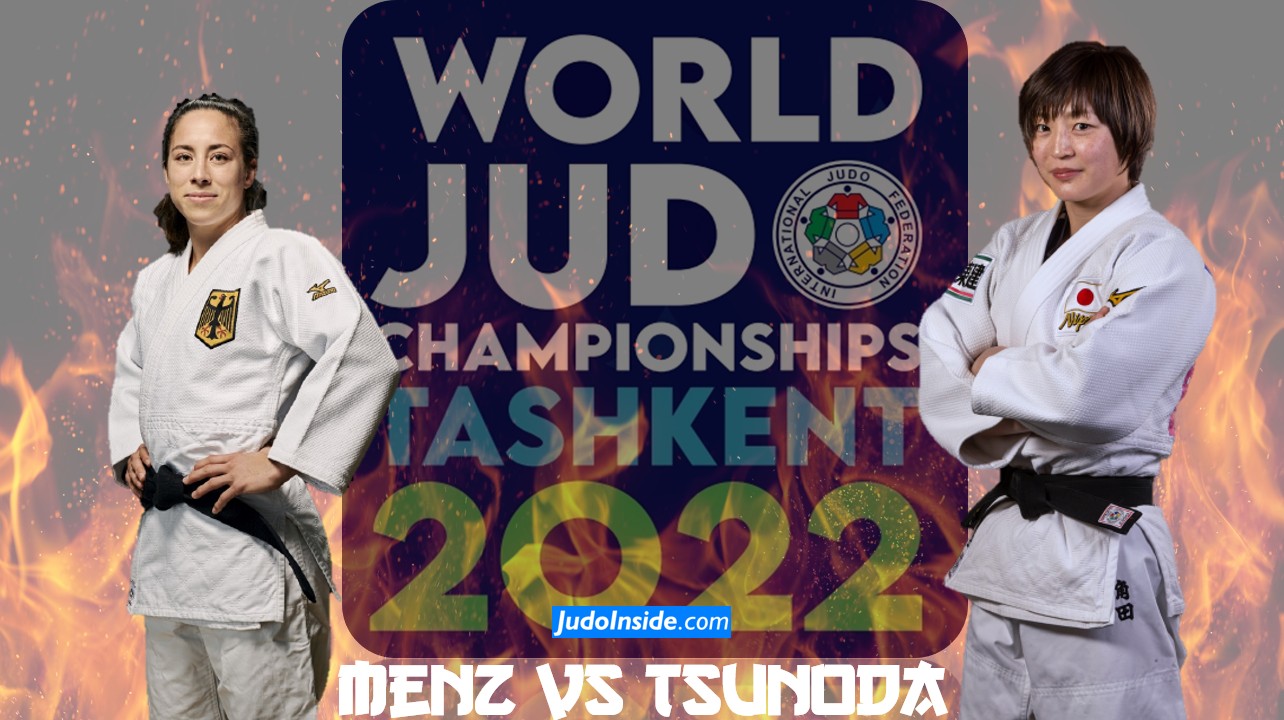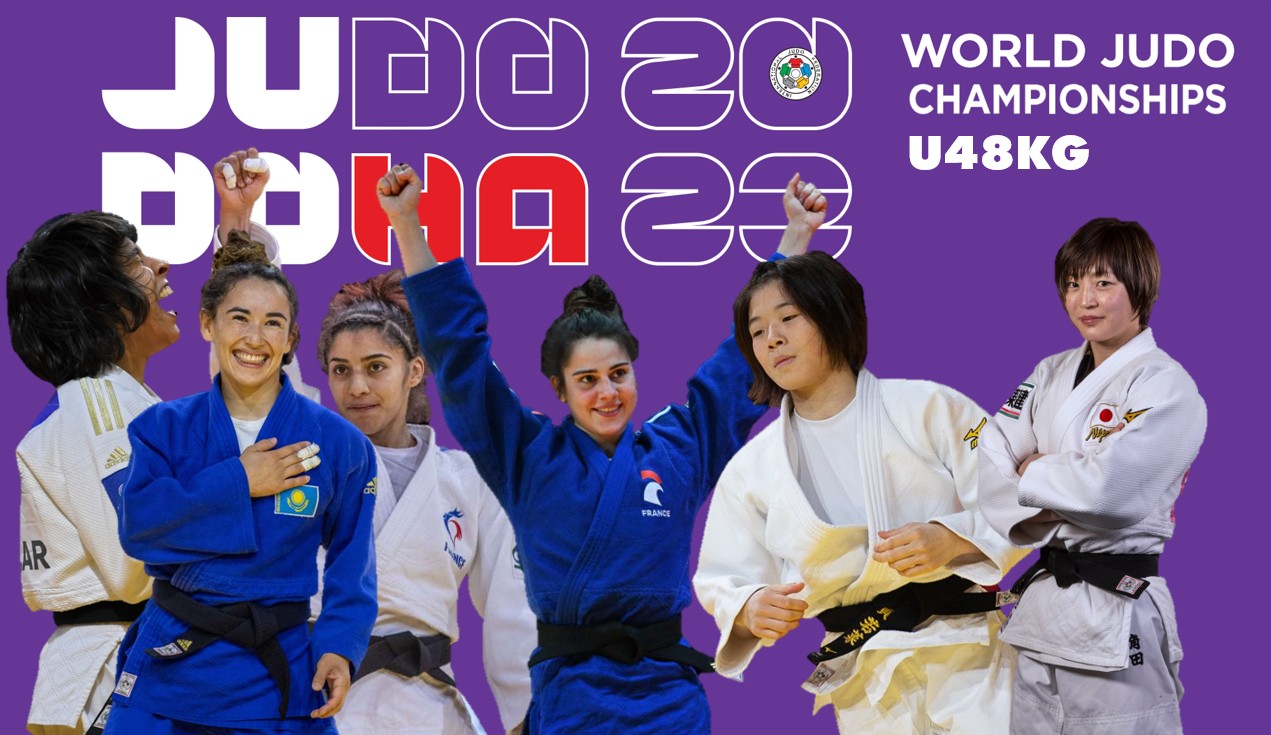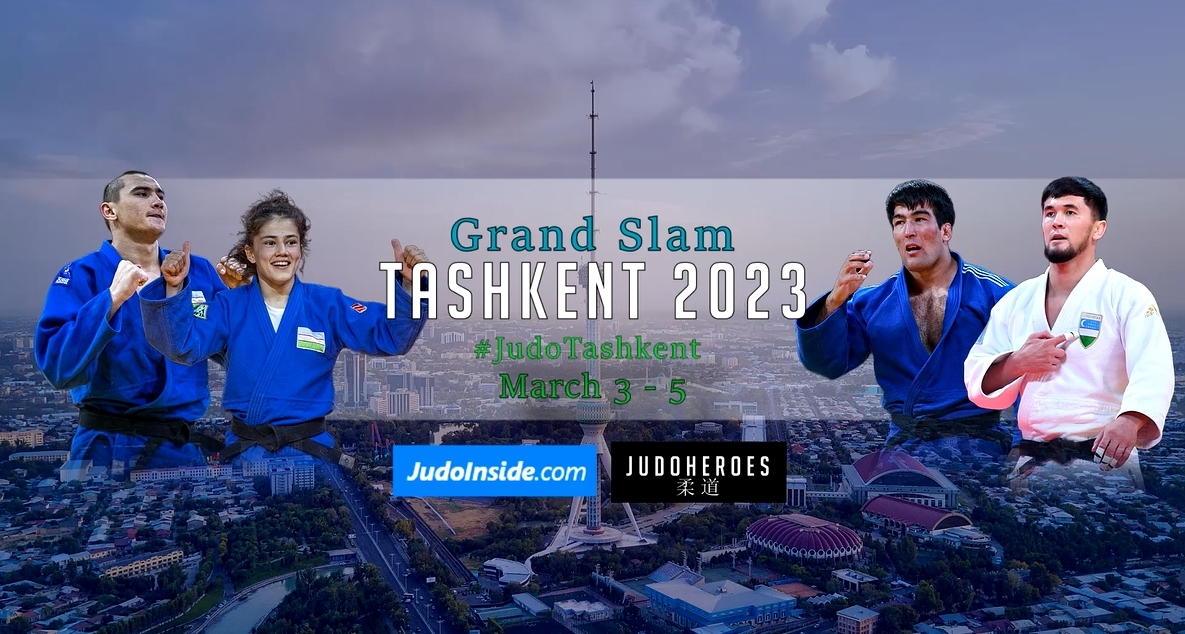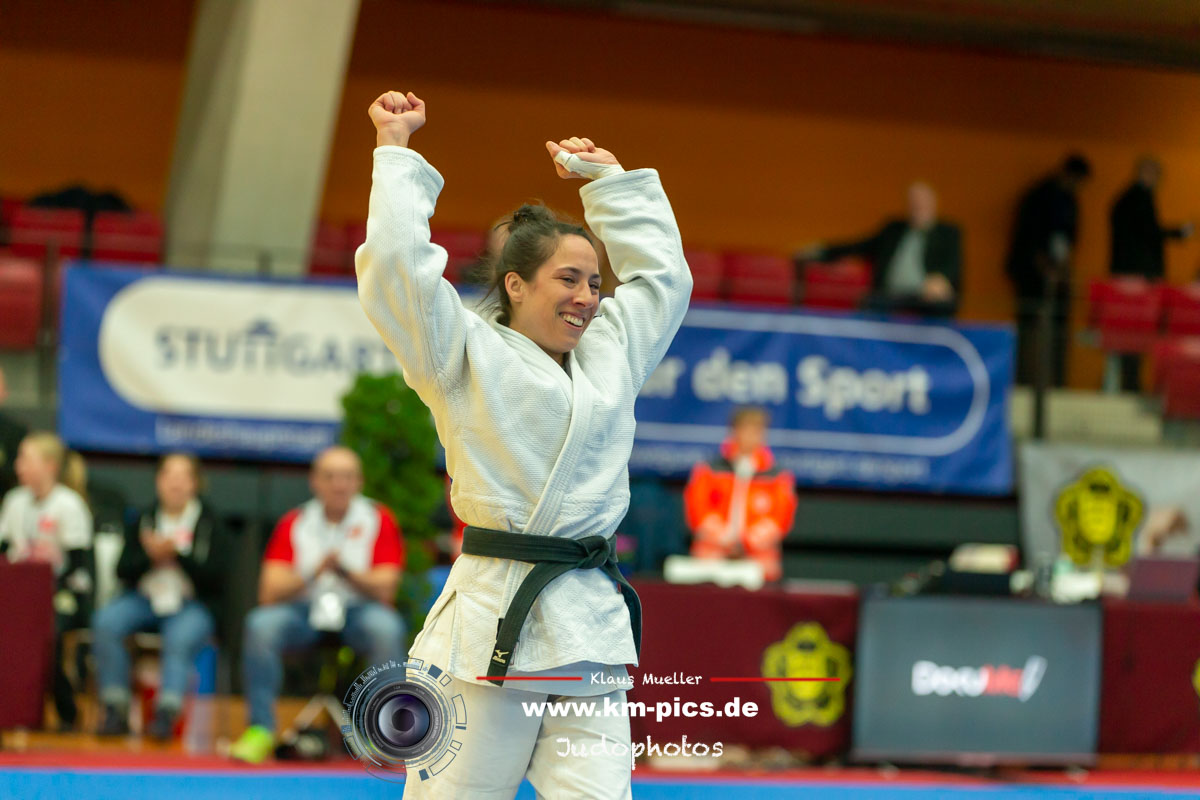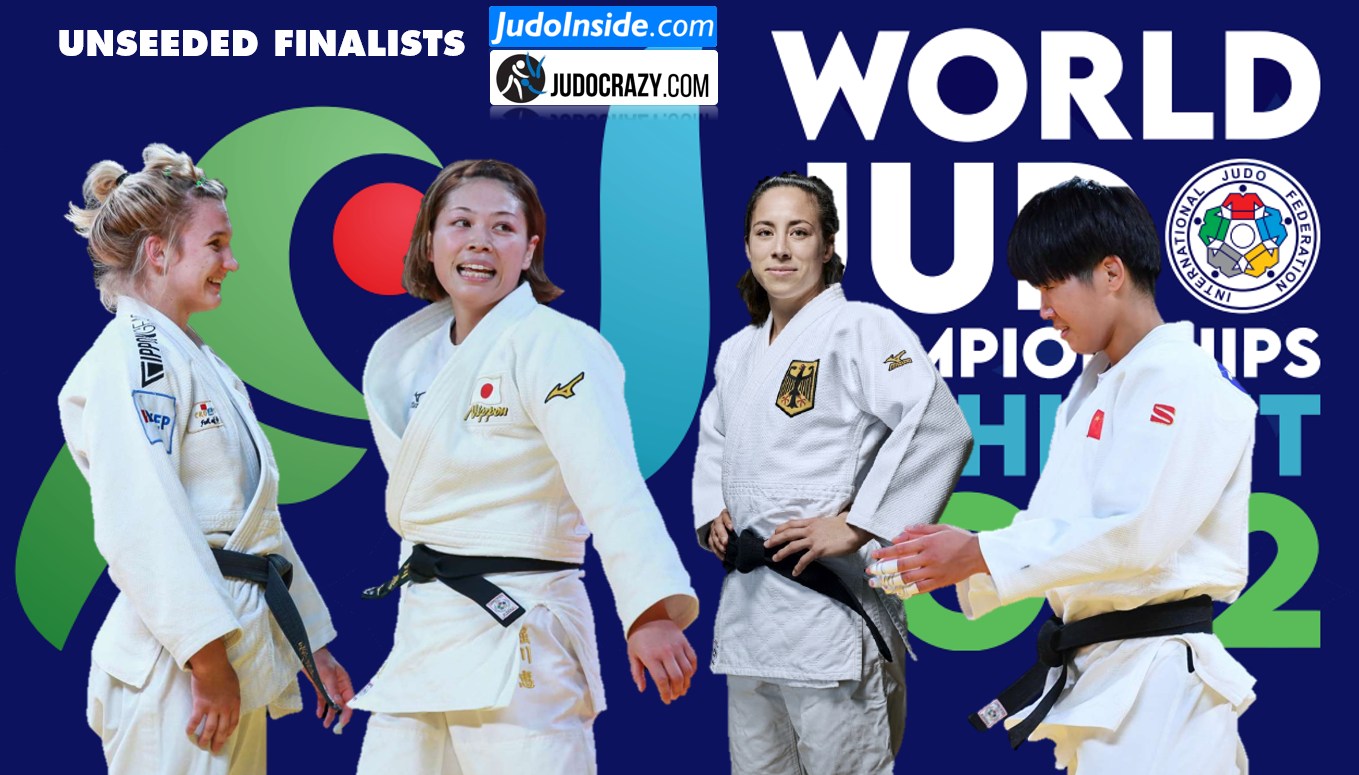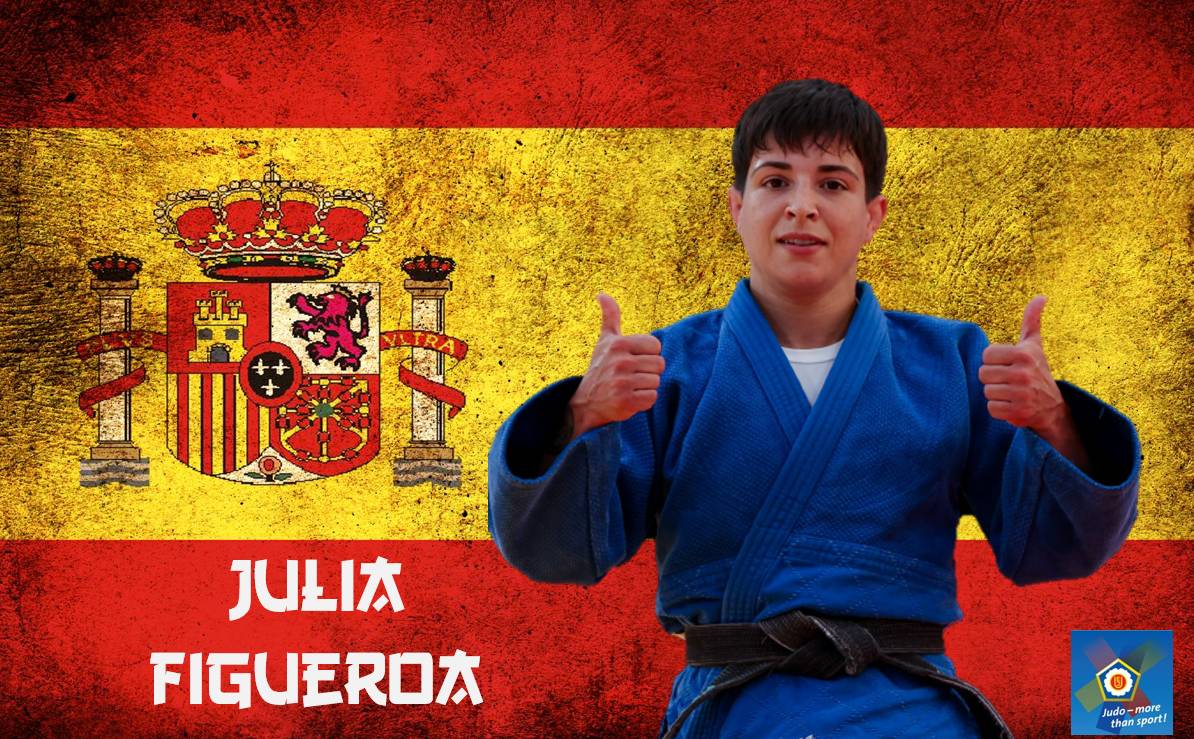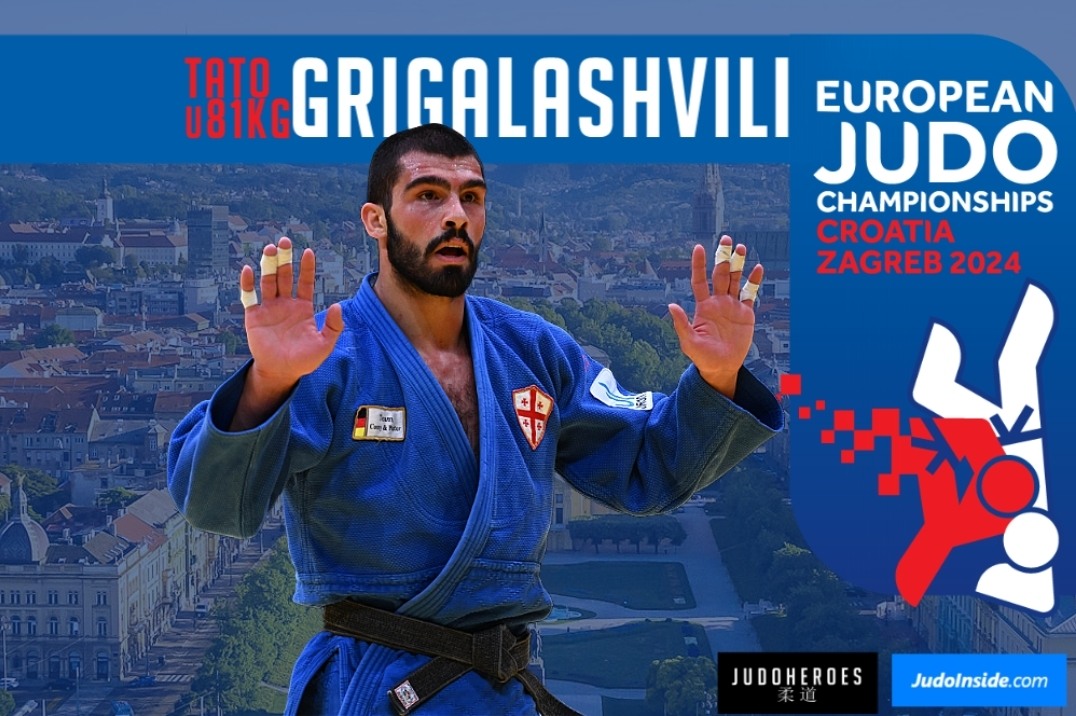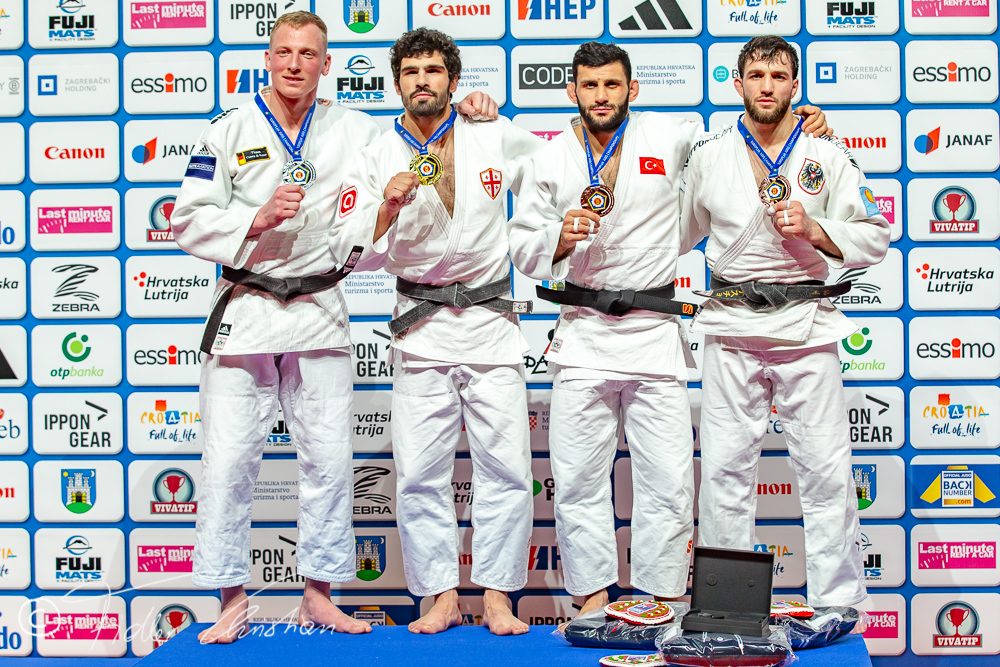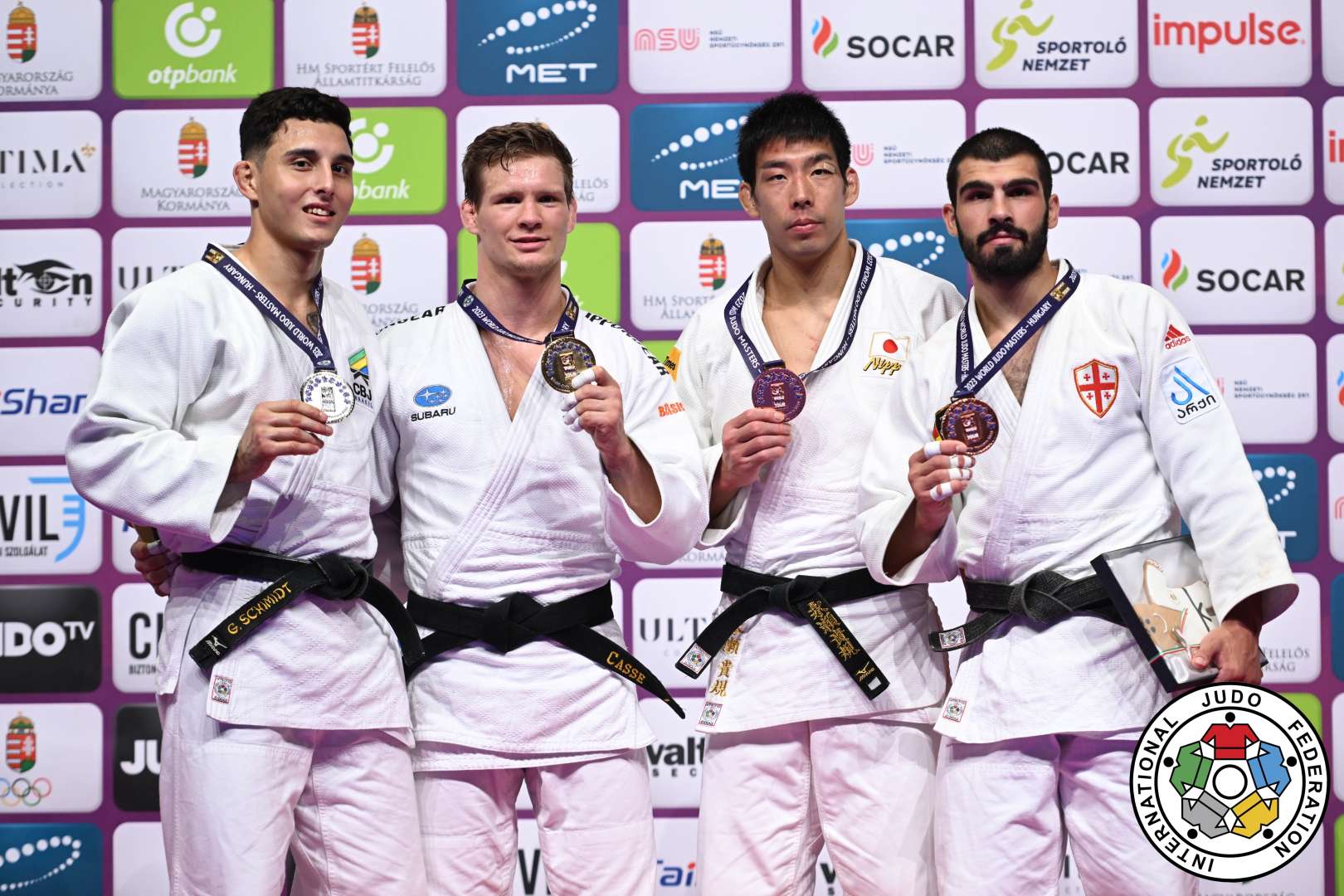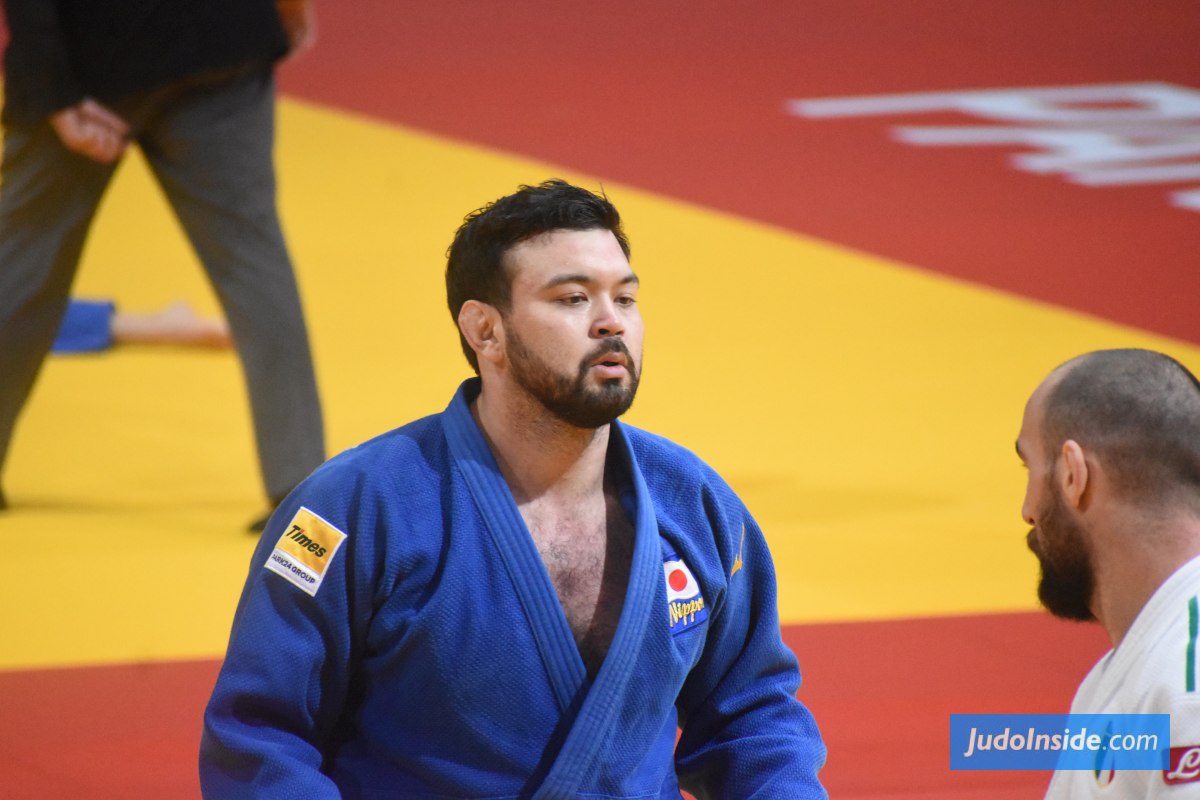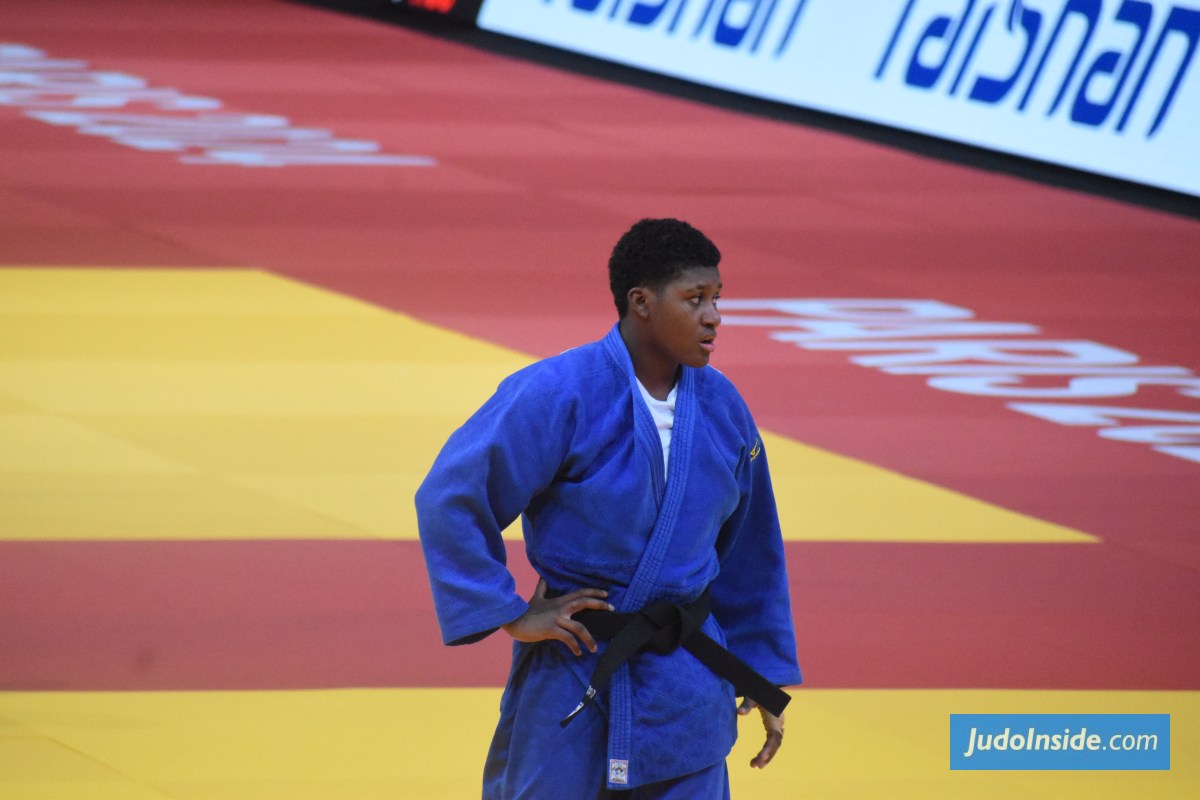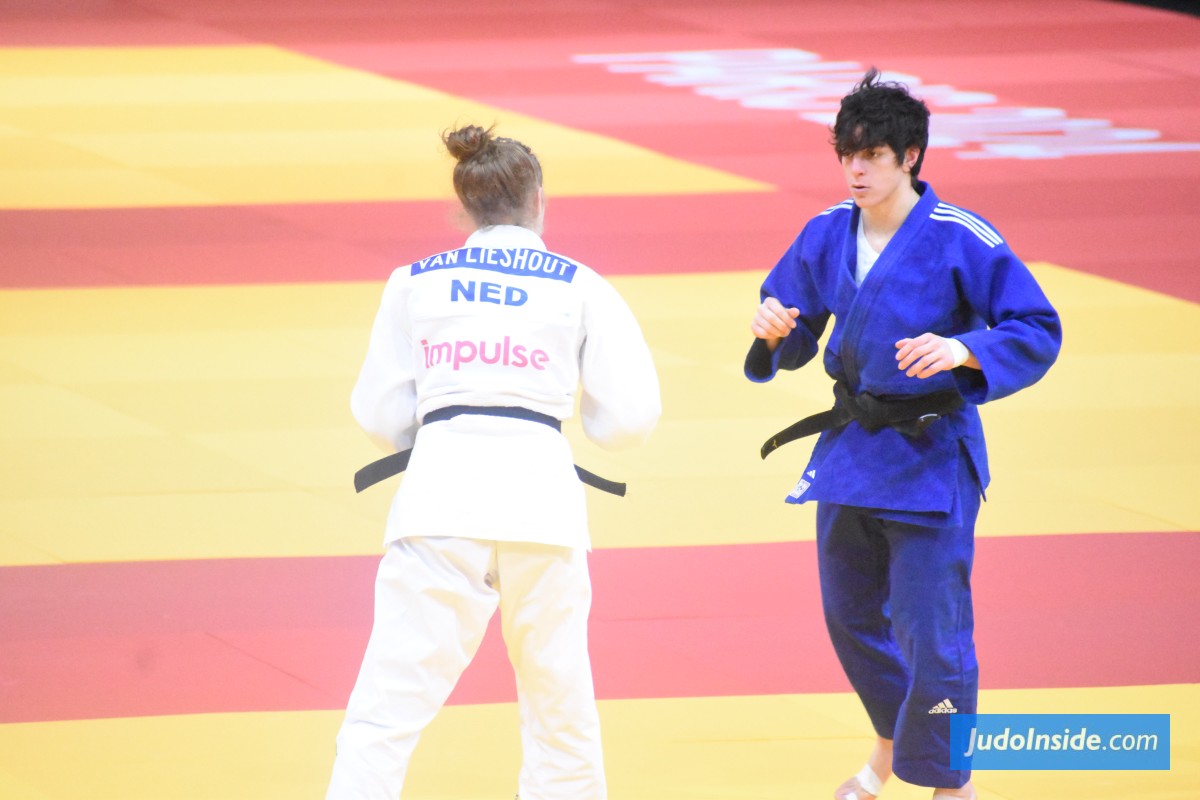Two gold medals for Japan: Natsumi Tsunoda takes clean second world title
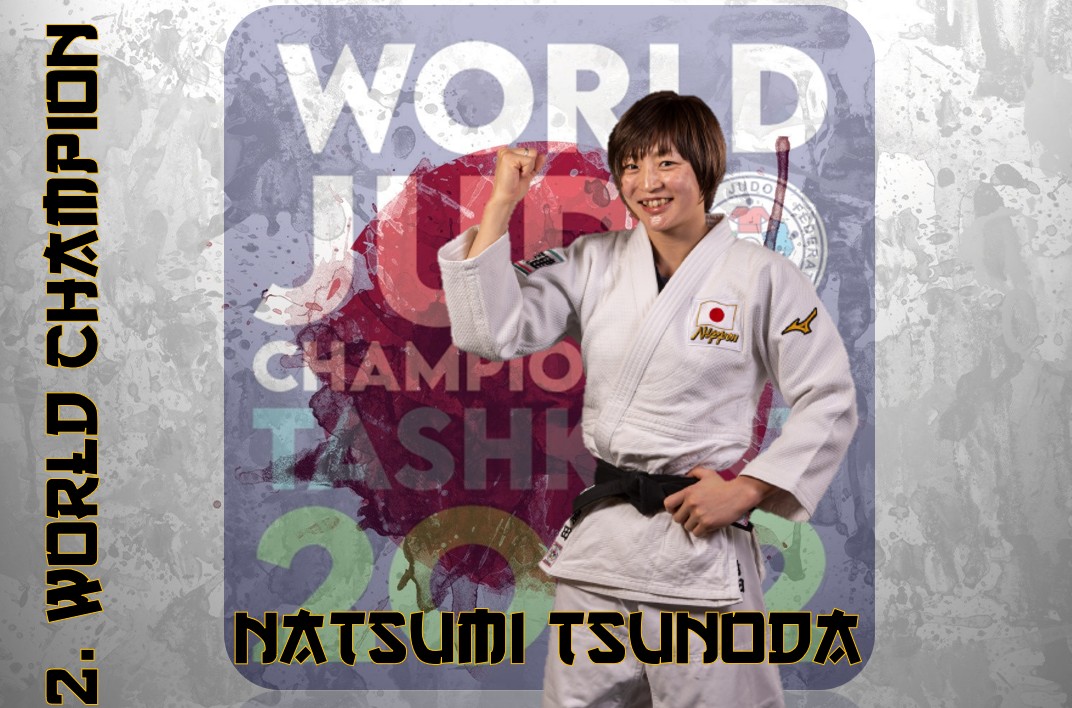
 6 Oct 2022 19:50
6 Oct 2022 19:50

 JudoInside.com - Hans van Essen / judo news, results and photos
JudoInside.com - Hans van Essen / judo news, results and photos
Of the four semi-finalists in the women's class U48kg in Tashkent, Natsumi Tsunoda was the favourite. The Japanese smoothly outclassed Kazakh Abiba Abuzhakynova and presented her credentials to retain the title. The other semi-final had Julia Figueroa as a resumé favourite and because she had just eliminated Funa Tonaki. Figueroa though lost against Katharina Menz.
Menz scored waza-ari at the right time, with less than a minute to go and dedicated herself to managing her lead. Two of the four were unexpected, Abiba Abuzhakynova and Katharina Menz, and of those four two remained, Tsunoda and Menz who trained hard last summer to reach this level and became the first German lightweight ever in a final of the World Championships. It was the first time Tsunoda and Menz had seen each other's faces. The good thing about this kind of combat is that anything can happen and it will always be unprecedented because it is the first time. It's like entering an unknown area at night, without a map or torch. Menz will turn 32 in two days time, silver may not feel like a present, but certainly original!
Tsunoda also came smiling. Menz's face was a mask of concentration. The German did what she could, which was to hold on for a minute and a half. Waza-ari and osae-komi, a Tsunoda classic, her hallmark to keep the red patch for another year.
bronze for Italy and Kazakhstan
The twenty year old Italian Assunta Scutto, in her first senior world championship, allowed herself the luxury and the price of the bronze medal match was to beat the experienced Julia Figueroa. In common, they both have top level ne-waza. Figueroa took the initiative and managed to get the Italian to take two shido. That's where her control ended. Scutto wanted to show that the young are not afraid of the elders and scored waza-ari. Now the initiative was Italian, an initiative topped off with a spectacular ippon. Talent and recklessness are the ingredients of Scutto, the young woman who is called to have a great career. More than twenty years after Giussepina Macri took bronze in 2001 in Munich, now another lightweight conquered a spot on the podium.
The second bronze was a face to face between the sensational Vargas Ley and the incredible Abuzhakynova, each 25 years old. The Chilean Vargas Ley started better and set the pace for two minutes until Abuzhakynova reversed the trend and put the Chilean in defensive mode. It was a clean fight but boring fight pure for the kumikata, which was decided in golden score. The Chilean accumulated two shido, more due to fatigue than anything else. Abuzhakynova looked cooler. The Kazakh repeated the same attack over and over again and Vargas Ley blocked it over and over again. Time passed, strength waned and lucidity came into play. After almost ten minutes, the mistake was made by the Chilean, a third shido and the bronze went to Abuzhakynova, her first at this level.
Surprises
Top seed Boukli (FRA) was beaten by the unseeded Kazhak Abuzhakynova. The number 2 seed, Costa (POR), despite having such a fantastic upswing through the last year, could not hold form and lost against Menz (GER). Rishony (ISR) was beaten by the unseeded Italian Scutto. Perhaps the biggest shock of all was Olympic silver medalist Tonaki (JPN) losing to Figueroa (ESP) in the quarter-final. Under normal circumstances a loss there would have at least offered the Japanese judoka the chance to fight for bronze but a direct hansoku-make meant she could not appear again and so she left a space in the repechage, one that Vargas Ley of Chile was all too pleased to fill. Speaking of the Chilean, what a day she had. She benefitted from a bye in the first round and then beat the athlete from Turkmenistan before dispatching the very experienced American Laborde. She then lost to eventual silver medallist Menz (GER). With no repechage final to fight, she moved into the bronze medal contest for a career-topping moment, fighting for a medal at a world championships for the first time. It's not just a first for Mary Dee Vargas Ley but for Chilean Judo, despite the fifth place.
Menz was the revelation
Katharina Menz, almost 32, was the revelation of the day. Menz had in the past gotten a European bronze, two Grand Slam bronzes and four Grand Prix bronzes but nothing in her track record suggested she would be a World finalist.
In Tashkent, she won her first match by default as her opponent had withdrawn due to injury. That brought her up against Catarina Costa (POR), the top seed in her pool. She had a bit of scare when Costa attacked her with a makikomi technique that almost seemed like a waki-gatame because both her arms got trapped during the attack. The referee actually gave Costa a waza-ari for it though but eventually that was waived off. Menz then throw Costa with drop seoi-nage for waza-ari, and won the match with that score. Menz was the dark horse who made it all the way to the final. She had performed well all day long and exceeded expectations. But Tsunoda was a bridge too far. To her credit, Menz managed to fend off Tsunoda’s tomoe-nage (she had been throwing with that all day long). She succumbed to a sumi-gaeshi for waza-ari though.
Italy’s Francesca Milani threw away the match when she attacked Menz’s supporting leg from behind, a hansoku-make infraction. Against Mary Dee Vargas Ley of Chile, Menz employed a waist-grab ouchi-gari to score. She won her place in the final by throwing Spain’s Julia Figueroa with a drop sode. The momentum was with Menz. Japan’s Tsunoda however was a bridge too far. But a silver medal is a fantastic result for Menz, who ended the day on the podium walking up the steps she wanted to do so bad after working for such a long time about her mental stability.
 like
like
 share
share

| Result | City | Date |
|---|---|---|
| 1 | Zagreb | 26 Apr |
| 3 | Belgrade | 2023 |
| 2 | Montpellier | 2023 |
| 3 | Budapest | 2023 |
| 1 | Doha | 2023 |
| Result | City | Date |
|---|---|---|
| 1 | Tashkent | 2 Mar |
| 1 | Paris | 3 Feb |
| 1 | Budapest | 2023 |
| 2 | Tokyo | 2023 |
| 5 | Montpellier | 2023 |
